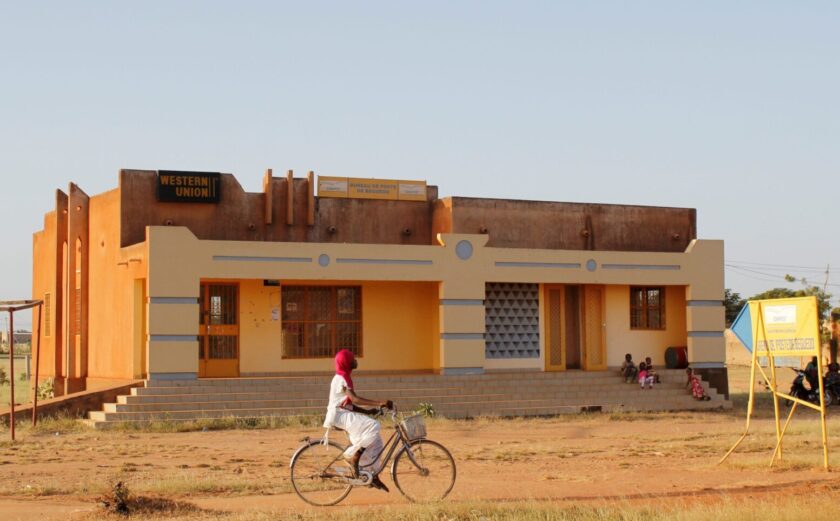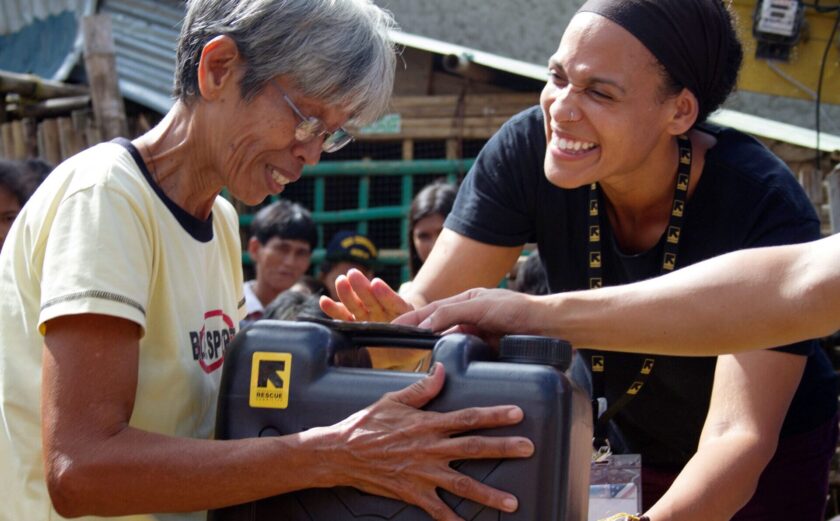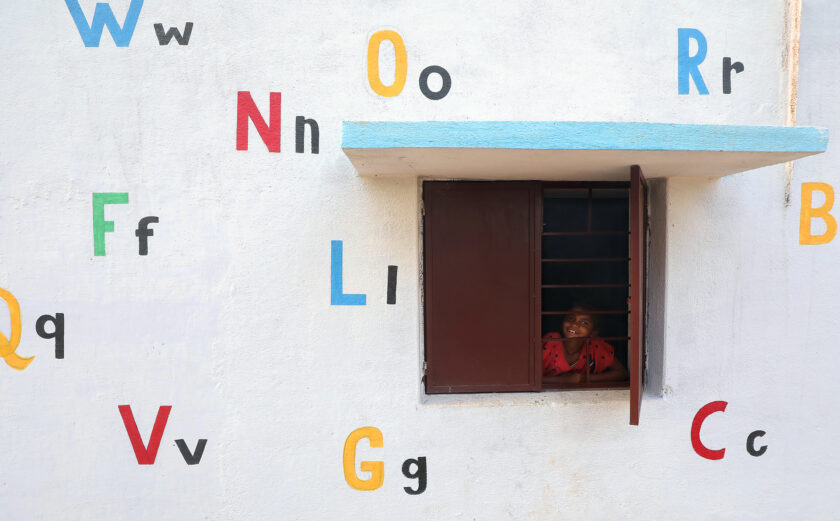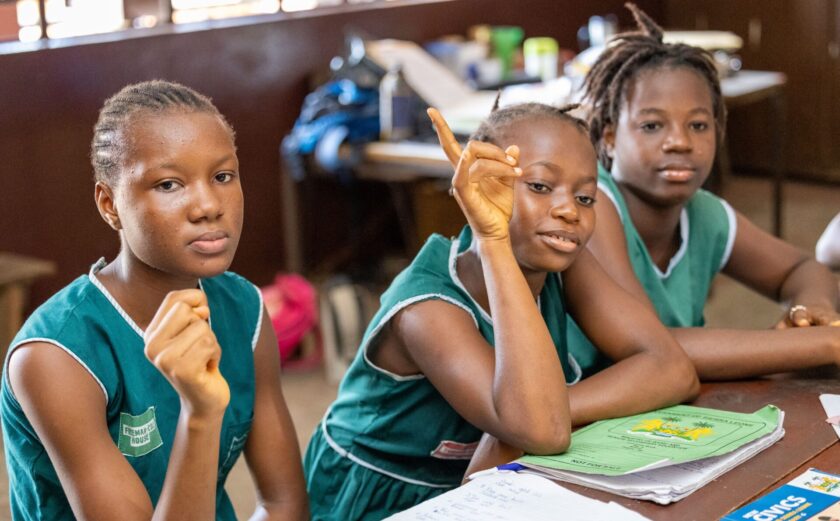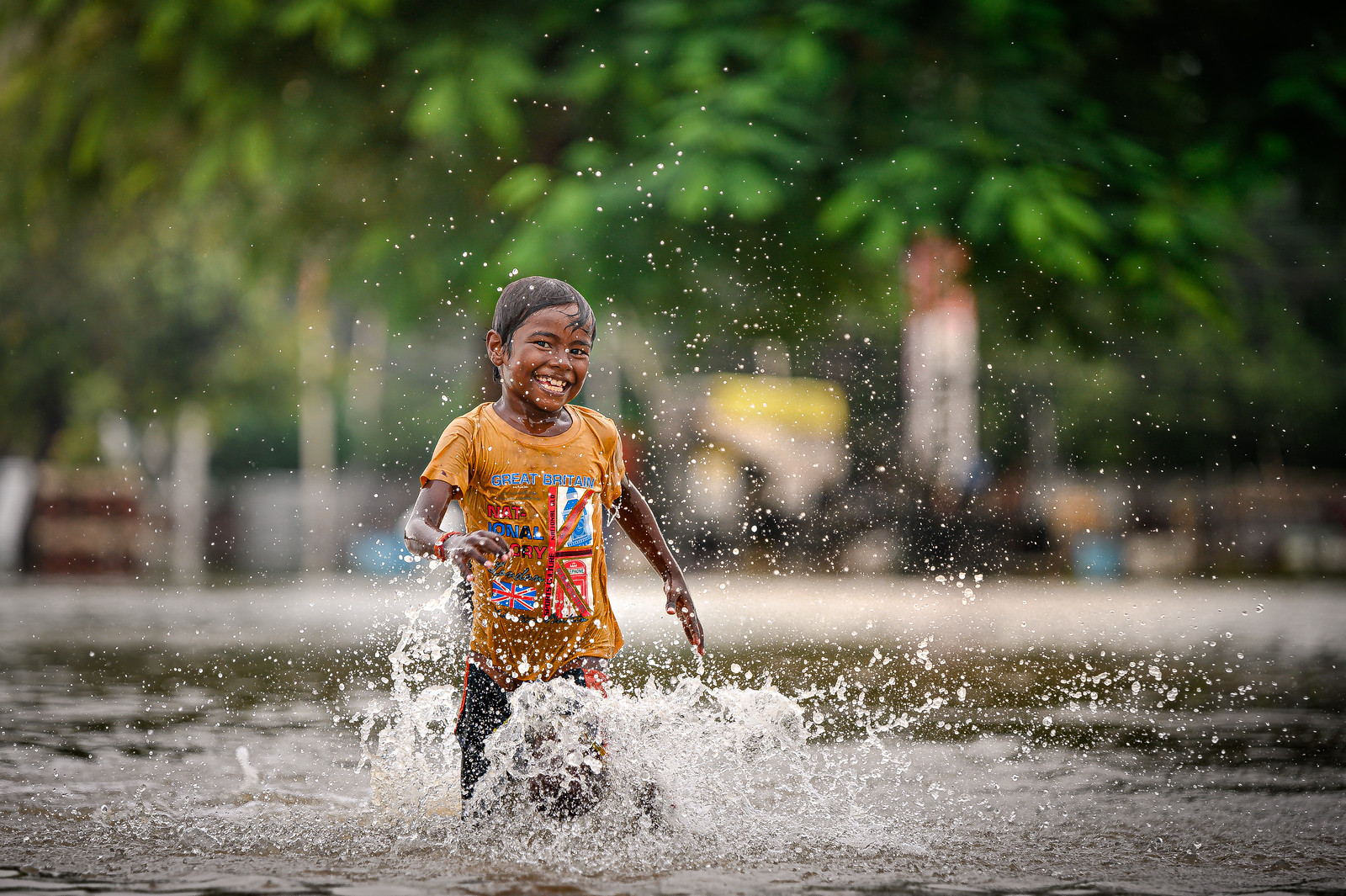
Improving Water, Sanitation, and Hygiene Access Amid the Pandemic
Celebrating World Water Day 2021
Just over one year since we entered the COVID-19 pandemic, many have a much better understanding of how access to clean water, sanitation, and hygiene is essential to our health and well-being.
This year’s theme of World Water Day, on March 22, is “valuing water,” which is so appropriate as we all reflect on the last year. Every day, I am grateful for being able to turn on a tap in my home for clean water and have easy access to soap so that I can wash my hands and keep myself and my family safe from COVID-19, particularly since I have not yet been provided access to a vaccine.
Yet, not everyone around the world has reliable access to these basic human rights, including here in the United States. Before COVID-19 hit, about 2 billion people did not have access to a safely managed water source, and 3 billion people did not have basic handwashing facilities, including nearly 75% of the population in low-income countries. The pandemic has only compounded these access issues and reinforced the need to improve global water, sanitation, and hygiene (WASH) access as vaccines are slow to roll out around the world.
The impacts of COVID-19 are being felt all around the world. A recent USAID synthesis report that explored the current status of WASH in USAID high-priority and strategy-aligned countries indicated that consumer access to water and soap in many countries is more difficult, and water suppliers are facing challenges due to financial stress and economic shocks from COVID-19.
Disruptions in WASH access disproportionately impact women and girls, as they usually shoulder the burden to fetch water and have specific WASH needs related to menstruation, pregnancy, and caregiving. The good news is that more people are washing their hands, and markets are adapting well to provide soap access. It is important that these positive trends are supported and encouraged moving forward.
At a recent U.N. High-Level Meeting on Water, UNICEF’s Executive Director Henrietta Fore pointed out that “all sectors of society depend on water and sanitation.” This critical role in other development and humanitarian sectors further increases the value of WASH. Improving water security and WASH reduces poverty, improves global health, makes communities more resilient in the face of climate change, empowers women and girls, helps economies thrive, and reduces regional conflict.
Fortunately, there is great momentum and new opportunities for the U.S. to serve as a leader in this space. In F.Y. 2018-2019, USAID WASH activities in 51 countries helped 11.6 million people gain access to improved water and 10.6 million gain access to improved sanitation.
There is also strong bipartisan support in Congress for global water issues. Last fall, the Congressional International Water and Sanitation Caucus launched, with support from InterAction, ushering in a new era of Congressional leadership in this sector.
On March 23, we celebrated World Water Day and heard from U.S. leadership on how WASH fits into COVID-19 response and recovery. This event was held in conjunction with the Congressional International Water and Sanitation Caucus and featured remarks from Congressional WASH leaders, USAID Acting Administrator Gloria Steele, and a special Sesame Street guest. Watch the recording of the event below.
